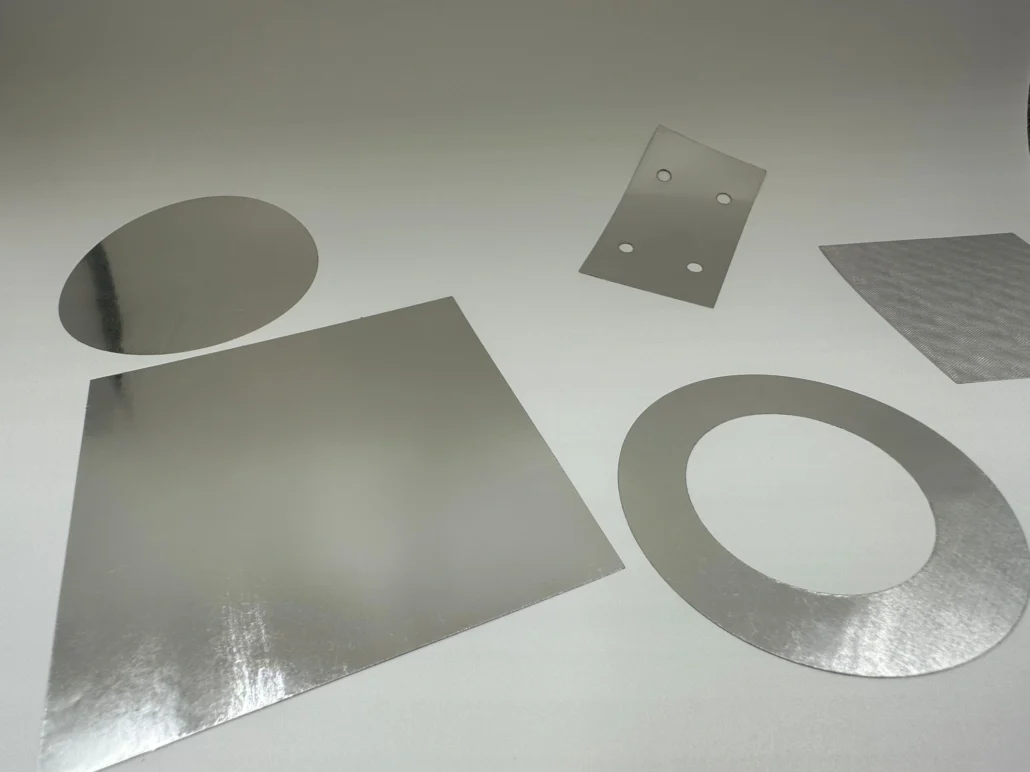Indium foil, a remarkably versatile material, holds a significant place in various industries owing to its unique properties and applications. From electronics to aerospace, indium foil plays a crucial role in enabling technological advancements. Let’s delve deeper into its uses and benefits across different sectors.
Electronics Industry:
Indium foil is widely utilized in the electronics industry due to its exceptional conductivity and malleability. It is commonly used as a soldering material for bonding electronic components. Its low melting point makes it ideal for delicate electronic assemblies, ensuring efficient heat transfer without damaging sensitive components.
Solar Panel Manufacturing:
In the renewable energy sector, indium foil finds extensive application in the production of solar panels. It is employed as a crucial component in the manufacturing of thin-film photovoltaic cells. The use of indium foil enhances the efficiency and durability of solar panels, contributing to the growth of sustainable energy solutions.
Aerospace and Aviation:
The aerospace industry relies on indium foil for various critical applications. Its high thermal conductivity and resistance to corrosion make it an ideal choice for thermal management systems in spacecraft and aircraft. Indium foil is utilized in heat shields, thermal interface materials, and aerospace electronics, ensuring optimal performance and reliability in demanding environments.
Medical Devices:
Indium foil’s biocompatibility and non-toxic nature make it suitable for medical applications. It is used in the fabrication of implantable medical devices such as pacemakers and defibrillators. The inert nature of indium ensures compatibility with biological systems, minimizing the risk of adverse reactions and ensuring the safety of patients.
Vacuum Sealing and Cryogenics:
In vacuum systems and cryogenic applications, indium foil serves as an effective sealing material. Its ability to conform to irregular surfaces and maintain a reliable seal even at low temperatures makes it invaluable in high-vacuum environments and cryogenic systems. Indium foil seals provide leak-tight connections, essential for maintaining the integrity of vacuum chambers and cryogenic vessels.
Research and Development:
Indium foil plays a crucial role in research and development activities across various scientific disciplines. It is used in experimental setups, analytical instruments, and laboratory equipment. Its excellent electrical and thermal properties make it an essential component in the construction of specialized research apparatus, facilitating advancements in physics, chemistry, and materials science.
Conclusion:
Indium foil’s remarkable properties and diverse applications underscore its importance across numerous industries. From electronics to aerospace, solar energy to medical devices, indium foil continues to drive innovation and enable technological progress. As industries evolve and new challenges emerge, the versatility of indium foil ensures its continued relevance in shaping the future of technology and engineering.

